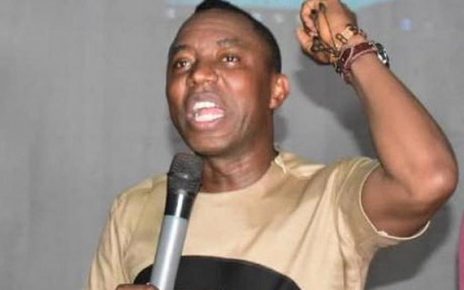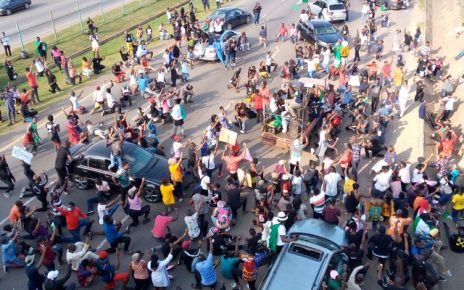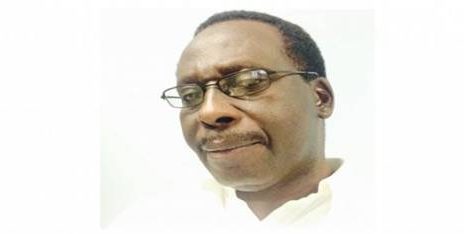Atiku – It was bad news again on Monday for Atiku Abubakar, the presidential candidate of the Peoples Democratic Party as a senior official of the Independent National Electoral Commission (INEC) debunked the existence of a server.
INEC National Commissioner in charge of Southwest, Solomon Adedeji Soyebi, said INEC did not transmit results of the 2019 General Election electronically through its server due to circumstances beyond its control.
Soyebi stated this at the post-election review meeting held at the Commission’s office in Osogbo, the Osun State capital. The clarification came on the heels of the statement by the EU Election Observation Mission that was not aware that the results were transmitted via a server by INEC.
“For some reasons, the Commission did not adopt ‘that option’ for 2019 election. It can only tell you that we are not ready for that technology because we were sure it would not be successful,” Soyebi said.
Soyebi said while INEC experimented with the server in states like Anambra and Osun, it did not adopt it for this year’s general elections.
“We piloted the use of transmission of election results electronically in Sokoto, in Anambra, even in Osun. What happened was that we were trying to pilot to see the desirability of such technology in our electoral process.
“First, our budget came out very late, there was also issue (with) the Electoral Act. For these and some other reasons, the commission did not adopt that option. 2019 elections were conducted according to Law.
“We used the constitution of the Federal Republic of Nigeria, we used the Electoral Act and our guidelines for 2019 elections. If you look at the three instruments carefully, the issue of server was not highlighted.
“Once in a while, you will see an experiment going on but we have to pilot it before we will deploy wholesale for election. We did not use it because of circumstances beyond the control of the commission.”
According to him, the clarification became necessary because of rising controversies on the transmission of the election results from states to the INEC server.
His view was consistent with that expressed by INEC Chairman, Mahmood Yakubu, just before the election, when he said elections could not be transmitted electronically because some parts of Nigeria are not covered by the networks.
“As for the reason we are not transmitting electronically, we recall we had some discussions with the Nigerian Communications Commission and through the communications commission we had meetings with the telecom service providers and we identified blind spots in Nigeria, spots that are not covered by any of the networks. How do you effectively transmit results from those blind spots?
Read Also – Mahmood Ahmadu To Grace Euro Knowledge Leadership Award
“In order to address the issue of the blind spots we also had a meeting with the Nigerian Communication Satellite, we have not concluded our discussion with the Nigerian Communication Satellite in that respect.
“There are twin issues, the first one is communication, with several blind spots, how do you communicate? Secondly, the percentage of the country that is covered by 2G, let alone 3G or 4G network and we have no 5G in Nigeria, how do you in addition to sending results from the polling units, raw results meaning figures which is just like sending a text message and also sending copies of the EC8A because sending figures is different from sending images, so we have challenge in the area of communication but secondly and equally importantly we have a challenge in the area of security, particularly in this era of cyber insecurity. I think we need to do a lot more before we can deploy technology for the purpose of transmitting results nationwide”.
In the court, Atiku has mainly anchored his case on the existence of a server, which he claimed showed that he got more votes than President Muhammadu Buhari.
Meanwhile, the Resident Electoral Commissioner in the state, Olusegun Agbaje, also addressed some of the issues which led to elections being declared inconclusive.
According to him, violence was largely responsible for most of the rerun elections held in the country.
“Permit me to say that the Commission does not deliberately declare an election inconclusive as usually wrongly perceived by some members of the public.
“It is those who engage in disenfranchising voters as part of their win at-all-cost-strategy that should be blamed.
“If political thugs did not disturb votes in the five (Polling Units (PUs) of Oriade State consistency mentioned above, the Commission would not have declared the election inconclusive,” he said.
Source: PMNews




